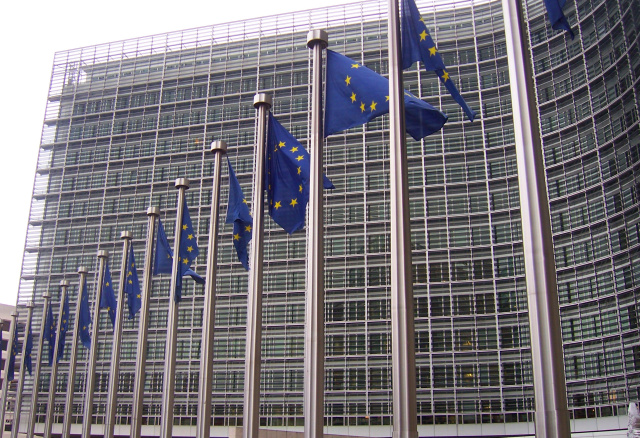
(credit: Amio Cajander)
“Modern copyright rules fit for the digital age” is how the European Commission describes its proposals for the first major overhaul of EU copyright law since 2001. But a wide range of startups and industry, academic, digital activist and human rights groups believe that key elements of the proposals will cause serious harm to the functioning of the Internet in the EU and beyond. A vote taking place next week in the key European Parliament JURI committee will determine the likely shape of the law.
The most contentious element is Article 13 of the proposed directive (EU-speak for law). It seeks to make Internet services that host large amounts of user-uploaded material responsible for policing their holdings to prevent copyright infringement. Until now, companies have been able to draw on the safe harbor protection in the EU’s e-commerce law, which online services enjoy when they are “mere conduits.” The new copyright directive would withdraw that protection for any service that “optimizes” content, which includes things like promoting, tagging, curating, or sequencing a site’s contents—most major online services, in other words.
Legal and technical problems
In the future, sites would have two options. They could enter into a licensing agreements for all the content uploaded by their users, although the proposed law does not explain how that could be done for fragmented markets where there is no single licensing body. Alternatively, online services must “prevent the availability on their services of works or other subject-matter identified by rightsholders.”
Read 9 remaining paragraphs | Comments
https://arstechnica.com/?p=1328735





